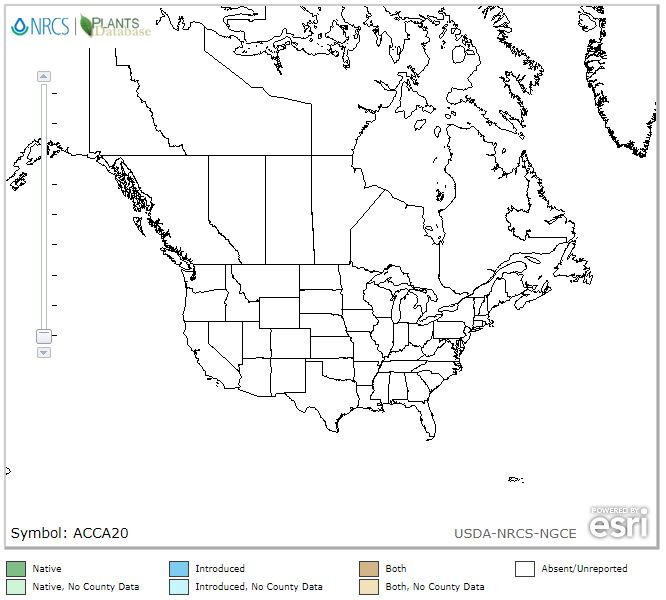Dianthus, Qú Mài, 瞿麦, Dianthus Superbus
Disclaimer For educational purposes only. Do not use as medical advice
Space Space
Space USA: Dianthus Superbus USDA Zones: Native: Habitats: Herbal medicine may interact negatively with pharma drugs and other herbs. Examples below: Herbs: Pharma Drugs:
Health Benefits
For: Amenorrhea • UTI • Constipation
Attributes: Diuretic
Products (online examples)
Space
Space
Research (sample)
Articles:
Constituents:
Santene • Santenone • Santalic acid • Santalol • Teresantalic acid
Photos (Click to enlarge)
Fun Facts
Other Names:
Species
Growth
TBD
TBD
Dianthus Superbus is not in the USDA Plant Database. Drill down via USDA Interactive Map:
Category: Drain Dampness
English: Dianthus Pinyin: Qu Mai Pharmaceutical: Dianthi Herba
Organs: Heart • Small Intestine • Bladder Temperature: Cold
Taste: Bitter Toxicity:
Patterns: Heart fire pouring to Small Intestine
Actions: Drain damp heat • Invigorate blood • Promote urination • Lin Zheng • Regulate menses • Breaks up blood stasis • Unblock constipation
Indications: Constipation • Amenorrhea • Blood stasis • Heart fire pouring to Small Intestine • Lin Zheng
Contraindications: Pregnancy
Typical Dosage: 5g - 15g Guidelines
Parts Used: Leaves and stems Notable for:
Other:
Combine With
Purpose
Formulas with Qu Mai
Alert
Be cautions with all medicine.
Potential Drug Interactions
Information in this post came from many sources, including class notes, practitioners, websites, webinars, books, magazines, and editor's personal experience. While the original source often came from historical Chinese texts, variations may result from the numerous English translations. Always consult a doctor prior to using these drugs. The information here is strictly for educational purposes.



0 Comments